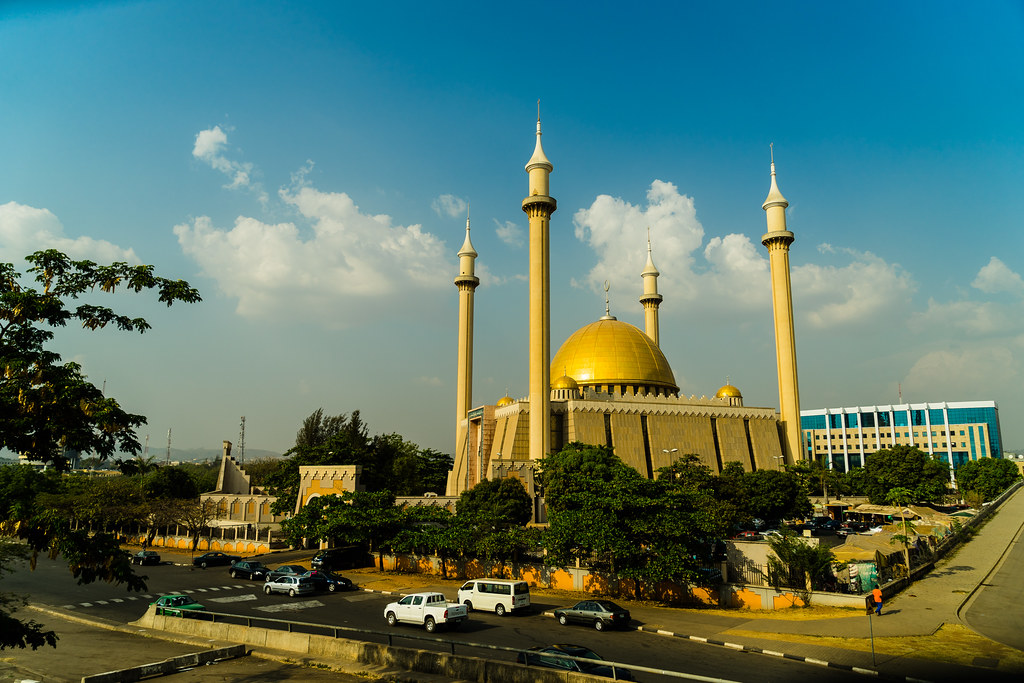Abuja now boasts of numerous and exquisite supermarkets. These include Shoprites, Grand Square, the Sahads, 4U, Spar Market, the H-Medixs, Prince Ebeano, the ValueMarts and many others, too numerous to mention. Others are a semblance of Nigerian local markets. They include Wuse, Garki Ultra-Modern, Utako and other markets. All these notwithstanding, they don’t stop the city residents from jetting out to the local weekly markets in the suburbs and outside the territory for many of their important household needs.
The more Abuja grows, the more the local weekly markets outside the city also grow in size. Typical of these markets are those of Gwagwa and Karmo within the Municipal Area Council in the FCT. By extension, there are others outside the FCT in places like Suleja, Madalla, Diko and Lambata in Niger State, and Mararraba, Uke and Keffi in Nasarawa State.
The locations of these local markets are mostly along major roads with accompanying environmental hazards, due to poor planning with dearth or poor control and management. Travelling through the Gwagwa, Karmo and Madalla on market days is constantly horrific. Traffic gridlock can be as long as kilometres, most especially if there is an accident or broken-down vehicle at critical spots, which is usually frequent.
Medical practitioners give us very important health tips. That, to a greater extent, our well-being depends on what we grew up eating from our infancy. Any introduction of feeds, different from whatever our body mechanism has already been used to, will trigger reactions that will be inimical to our health. Local foodstuffs and other household needs are not only cheaper outside the city, but would also be processed to our usual preferences in a manner that would not be obtained at the city exquisite markets.
Depending on our dietary preferences, there are processes that are required before the food is laid on the table. Those who eat local grains and vegetables require grinding. Such services would not be obtained at the supermarkets. While at the Metropolitan Management Council, we had cause to intervene on conflicts with aggrieved residents who complain of unauthorised operation of very noisy grinding machines by their neighbours.
These are not because of planning failure, but failure in implementation. It must be understood that, the cultural pluralism of Nigeria suggests that the city plan must simultaneously permit the different segments of the Nigerian population to maintain an important degree of continuity with their social and cultural traditions while encouraging, where appropriate, amalgamation of the various streams of urban tradition and lifestyle into a new and common modern Nigerian urban context.
The neighbourhood concept of Abuja, which is compatible with our tradition as Nigerians, is among the things that gave her those unique characteristics that are lacking in other capital cities of the world. The benefits of the neighbourhood concept recommended for the city transcends from those with high income who can afford to operate expensive shops and offices in commercial complexes in the busy city and district centres to the low-income who can afford only convenient shops at the neighbourhood centres.
Among the functions of the neighbourhood centre is to provide the essential local needs of the residents, including all those items and services that residents seek at the local markets outside the city. Elder statesman, Alhaji Lawal Idris, used to request me to get him our local water yam along the way anytime I was visiting him in Kaduna.
It was identified that a major shortcoming in the past planning for Nigerian cities was the failure to recognise and accommodate the indigenous patterns of urban organisation and adaptation already present in the country. The Abuja Master plan specifically stated that the new capital city of Nigeria must preserve and build on that which is unique and valuable in Nigeria’s urban tradition.
The Masai traditional market in Nairobi and the weekly plebeian market at Liverpool Street in London were established to satisfy the needs and tastes of the city residents desirous of maintaining their local and traditional needs. Unfortunately, the exquisite ultra-modern markets provided at the neighbourhood centres are contrary to the plan concept, diverse from the local needs of typical Nigerians and services unaffordable to the common citizens. We have unfortunately drifted to the undesirable pattern that the Abuja Master plan tried to avoid.
The problem arose from the city’s land use plan that allows the commercial lands in neighbourhood centres for use as modern supermarkets and office complexes, instead of developments that can accommodate simple, convenient shops that could make the items affordable to the immediate neighbours. They are not expected to cross any arterial road for such needs as the plan envisaged.
Perhaps it was for the avoidance of these challenges that the first neighbourhood centres in the city, the ones in Area I and II, Garki I District, were to be built by the public. We would like to suggest to the authority to address these aspects in the next Abuja Master Plan review, after taking stock.
Provided by SyndiGate Media Inc. (
Syndigate.info
).







